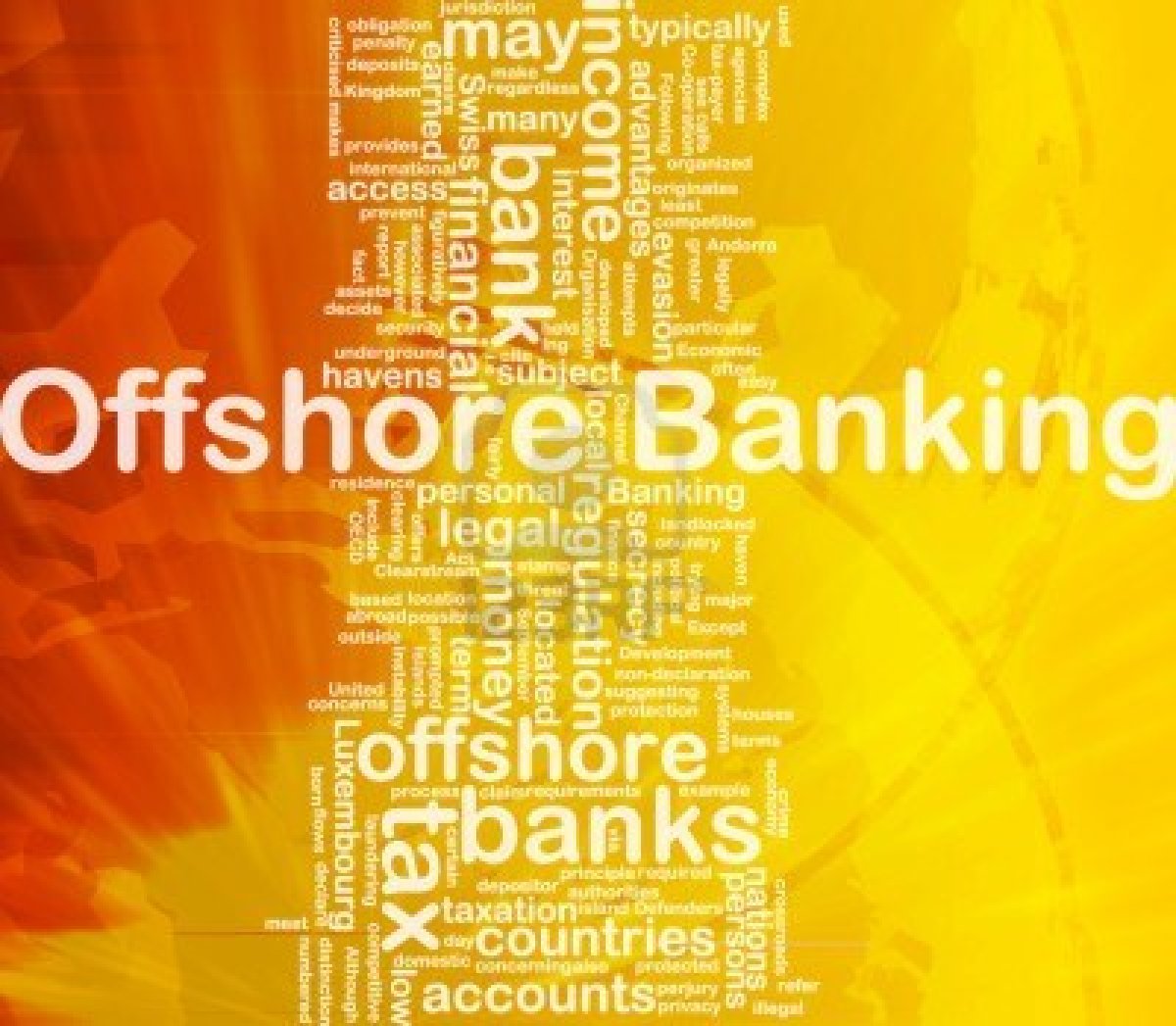Explore the Benefits of Offshore Banking for Secure and Private Financial Management.
Explore the Benefits of Offshore Banking for Secure and Private Financial Management.
Blog Article
Offshore Banking: A Smart Solution for Expanding Your Possessions
Offshore banking offers a nuanced strategy to possession diversity, supplying people a means to navigate the intricacies of international money. By developing accounts in foreign territories, one can not just gain access to a wider series of investment choices but likewise tactically place possessions to protect them from domestic economic susceptabilities. Nonetheless, the implications of such decisions expand past plain economic protection; they intertwine with tax factors to consider and regulatory frameworks that call for mindful evaluation. As we check out these aspects, the question occurs: what are the vital elements to take into consideration when selecting an overseas financial remedy?

Recognizing Offshore Financial
Although offshore financial is often connected with wealth management and tax optimization, it essentially describes the practice of holding an account or investing in a bank located outside one's nation of home. This method allows individuals and services to access a range of financial services that might not be offered locally. Offshore banks are normally developed in territories with beneficial regulative settings, offering boosted privacy and protection for account owners.
The concept of overseas financial can encompass numerous financial products, consisting of savings accounts, investment accounts, and even loan facilities, all made to accommodate global clients. Offshore financial institutions typically supply solutions in multiple money, making it possible for customers to manage their possessions better in a globalized economic situation.
Furthermore, the governing structure controling offshore financial differs considerably from one territory to another, frequently defined by lower compliance standards and better privacy for account owners. While overseas banking can be a genuine financial method, it is important for people and businesses to recognize the legal ramifications and responsibilities related to keeping accounts abroad. Recognition of local regulations and international agreements is crucial for making certain conformity and preventing possible mistakes.
Advantages of Offshore Accounts

In addition, offshore accounts usually offer access to a broader variety of financial investment opportunities that might not be available locally. offshore banking. These accounts can consist of a range of monetary tools, such as international stocks, bonds, and shared funds, permitting account owners to customize their financial investment techniques according to their threat resistance and financial objectives
One more significant benefit is the potential for tax optimization. While tax guidelines differ by territory, some offshore accounts might supply beneficial tax obligation therapy, enabling individuals and companies to improve their after-tax returns legally.
Additionally, overseas banking institutions usually employ sophisticated privacy actions, protecting account holders' monetary details. This included layer of privacy can be appealing to those looking for discernment in their economic affairs. On the whole, the advantages of offshore accounts discover this info here add to even more durable financial preparation and management strategies.
Possession Protection Strategies
One effective technique to guarding riches includes implementing durable possession security approaches. These methods are important for individuals looking for to secure their possessions from potential threats such as suits, lenders, or financial instability.

Integrating restricted obligation entities, such as offshore firms or restricted liability companies (LLCs), can likewise give a safety layer. These structures assist insulate personal assets from service obligations, making certain that personal wealth stays protected in case of business-related legal problems.
In addition, expanding investments across various asset courses and geographic locations can reduce threat. This technique minimizes exposure to any kind of solitary financial recession, enhancing overall economic stability. offshore banking. By using these property security strategies, people can efficiently guard their wide range, guaranteeing it stays undamaged for future generations while navigating prospective economic difficulties
Tax Obligation Advantages and Factors To Consider
Applying efficient property protection approaches frequently leads people discover this to take into consideration the tax advantages related to offshore banking. By opening an overseas account, clients might benefit from favorable tax obligation programs supplied by particular territories. Numerous nations offer tax obligation motivations, including low or zero tax on rate of interest and capital gains, which can substantially improve wealth build-up.
Moreover, offshore banking can promote tax-efficient investing through varied asset courses and money, enabling account owners to enhance their profiles. However, it is important to recognize that while some offshore territories provide tax benefits, conformity with global tax obligation laws, consisting of the Foreign Account Tax Obligation Compliance Act (FATCA), is obligatory. Failure to report overseas accounts can cause severe penalties.
Additionally, the assumption of overseas banking as a tax obligation evasion method can bring about reputational dangers. Therefore, individuals need to ensure their offshore activities are transparent and lawfully compliant. Consulting with tax professionals that specialize in global finance is crucial for navigating these intricacies and optimizing potential benefits while minimizing obligations. Inevitably, while overseas banking can give substantial tax benefits, cautious planning and adherence click this link to regulations are crucial to gaining these benefits sensibly.
Selecting the Right Offshore Bank
Selecting the right offshore financial institution is a critical decision that can substantially affect your monetary method and property security. When considering an overseas banking establishment, it is crucial to review several essential factors, including the financial institution's track record, regulatory setting, and the solutions used.
First, conduct detailed research study on the bank's standing in the market. Seek organizations with a tried and tested record of security and safety and security. Regulatory conformity is one more vital facet; make certain the bank complies with international criteria and runs within a trusted territory.
Furthermore, assess the range of solutions provided. Some banks may focus on wide range monitoring, while others concentrate on providing basic financial services. Consider your individual or service requirements and pick a bank that lines up with your economic objectives.
An additional important variable is ease of access. Explore the ease of interaction with the bank, including language support and customer care availability. Finally, think about the fees connected with account upkeep and purchases, as these can vary considerably between organizations.
Conclusion
In conclusion, offshore financial offers a practical approach for property diversification, using countless benefits such as improved economic safety and security and accessibility to a broader array of investment chances. The consolidation of effective possession security strategies and possible tax obligation advantages further underscores the allure of overseas accounts.
Report this page